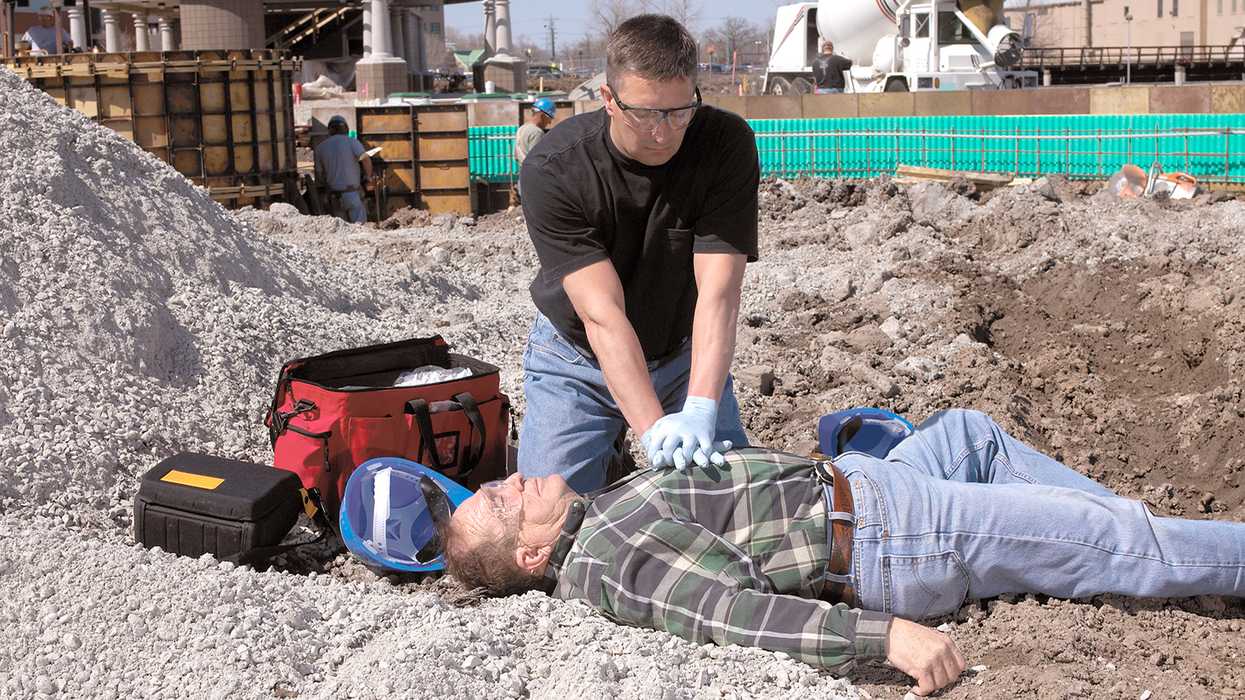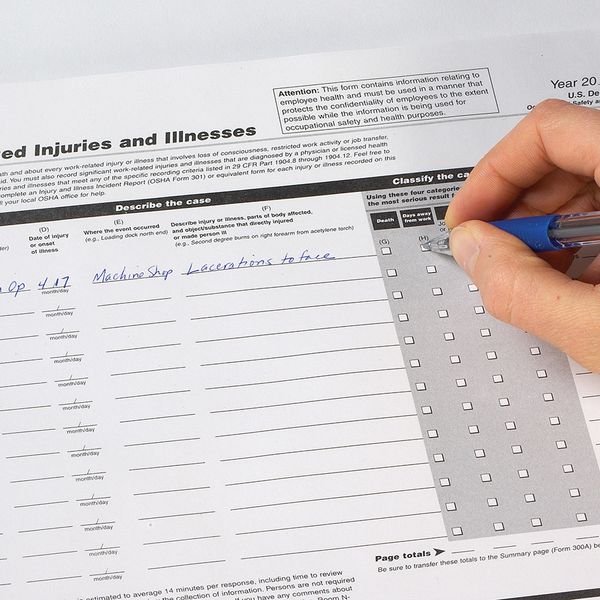Study evaluates under-reporting of hospitalizations
Repeated studies find that employers fail to report about half of hospitalizations from serious injuries and illnesses. According to the National Institute for Occupational Safety and Health (NIOSH), reasons for incomplete reporting include business practices that discourage reporting, poor organization of records, and poor understanding of reporting requirements.
OSHA requires all employers to report any amputation, loss of an eye, or inpatient hospitalization within 24 hours. Employers need not report these events resulting from motor vehicle accidents, unless the incident occurred in a work zone.
Study of Michigan data
Michigan requires hospitals to report work-related hospitalizations. Michigan State University’s Division of Occupational and Environmental Medicine analyzed and evaluated three years of reporting data from 2016-2018. They matched the hospitalizations reported by employers to the hospitalized injuries and illnesses reported by the 134 hospitals in Michigan using employees’ first and last names, company names, injury dates, and type of injury.
Findings included the following:
- Employers reported 1,260 hospitalizations to OSHA, but hospitals reported 2,238 work-related hospitalizations, so employers reported only about half of work-related cases.
- Hospitals reported three days as the median length of stay. The total number of days hospitalized was 10,435 with an estimated hospital cost of $24,222,334.
- The percentage of hospitalizations reported by employers did not significantly improve over the three years, averaging around 43 percent.
- Companies with 250 or more employees were more likely to comply (68.4 percent), and small companies with 10 or fewer employees were significantly less likely to comply (32.9 percent).
- Employers in manufacturing (64.7 percent), wholesale trade (57.5 percent), and public administration (66.2 percent) were more likely to report.
- Employers least likely to report included:
- Agriculture, forestry, fishing and hunting (8.2 percent);
- Construction (38.2 percent);
- Finance and insurance (21.4 percent);
- Real estate and rental and leasing (27.3 percent);
- Arts, entertainment, and recreation (10.8 percent);
- Accommodation and food services (20.8 percent); and
- Other services except public administration (20.3 percent).
- Of the 465 inspections conducted in response to a work-related hospitalization, 246 employers (52.9 percent) had not corrected the hazard prior to the inspection even though the inspection happened months after the hospitalization.
The data suggests a lack of awareness of the reporting requirement among employers less familiar with workplace safety and health issues, and/or among employers that do not have a dedicated health and safety specialist.
This study evaluated data from Michigan, but the authors noted that they have no reason to expect employers in other states would be more likely to comply with reporting obligations.
Key to remember: All employers, even those exempt from keeping an OSHA 300 Log, must report a work-related fatality, in-patient hospitalization, amputation, or loss of an eye.


















































